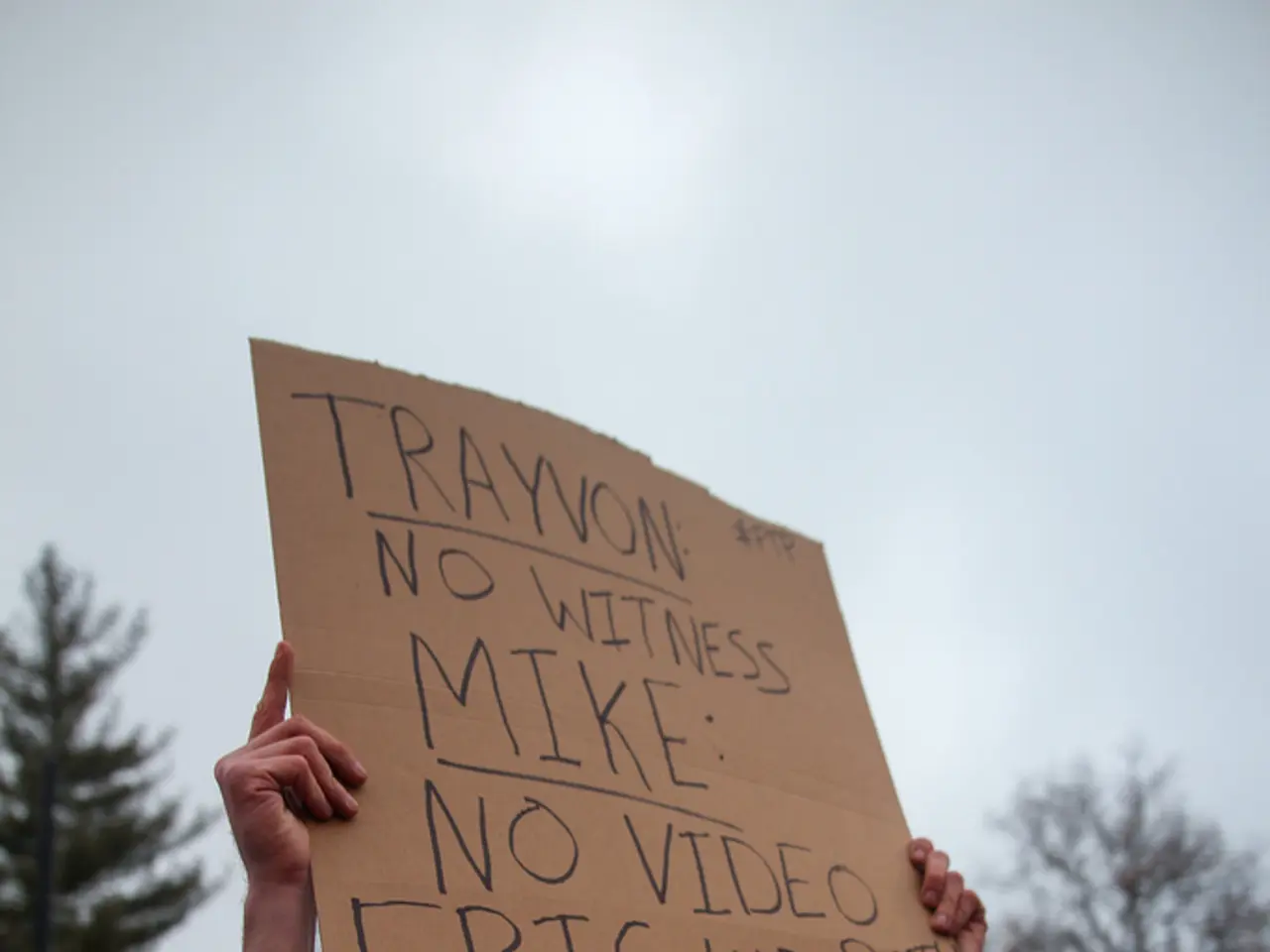Protesting in Southern Syrian City of Suwayda: Citizens Brave Risks for Dissent
In the heart of Syria, the city of Suwayda has been gripped by protests for over a month, as citizens voice their discontent with the current socioeconomic conditions. The protests, which started in response to the Syrian government's decision to reduce fuel subsidies and raise gasoline prices by nearly 250%, have since extended beyond economic issues, encompassing political, social, and civil rights, public freedoms, and the release of detainees.
The economic situation in Syria, as warned by the United Nations' special envoy for Syria, Geir Pedersen, has become worse than during the height of the civil war that began in 2011. Hyperinflation and poverty are widespread in government-held areas, with an estimated 90 percent of citizens living below the poverty line and half the population facing food insecurity.
The current leadership, including the transitional government formed in March 2025, aims to centralize power under the principle 'one Syria, one army, one government' and rejects federalism or division. The government, however, faces criticism from analysts who believe that policies to boost economic activity, reduce tax evasion, and combat corruption are infeasible due to the current socioeconomic and political structures.
The government has taken steps to alleviate the financial burden on its citizens, such as doubling public-sector pay, increasing the minimum monthly salary to 185,940 pounds. However, this has not significantly improved the living conditions of those in government-held areas. Basic necessities like food and medication remain out of reach for many, with coffee becoming a luxury for many households in Damascus due to its high cost.
One such individual is Huda Al-Ahmad, a sole breadwinner who lost her job months ago. Al-Mabarrat charity, which used to provide basic foodstuffs to her neighborhood, has ceased operations, leaving her family struggling to make ends meet. For nearly a week, Huda's family has been ill and unable to afford paracetamol. They have not bought any fruit, meat, or dessert for almost a year unless they give up rice and wheat for a couple of months.
Critics argue that funds used for urban beautification projects like Sabaa Bahrat Square could be used to help feed the poor and install solar energy solutions. Interestingly, the renovation of Sabaa Bahrat Square in Damascus was fully funded by private donors.
As the economic crisis deepens and humanitarian needs increase, funding for Syria is decreasing. Geir Pedersen has expressed concern over this situation, warning that it could lead to further instability in the region. Thousands of people in Suwayda were seen chanting anti-regime slogans and waving Druze flags in videos published by Suwayda24, indicating a growing discontent among the population.
The largest protest in Suwayda occurred on Friday, with between 3,500 and 4,000 people participating. The daily commute to Damascus from Sitt Zaynab in Rif Dimashq costs at least 4,000 Syrian pounds, a significant burden for many struggling families. As the protests continue, it remains to be seen how the Syrian government will respond and whether any changes will be made to address the citizens' concerns.
Read also:
- United States tariffs pose a threat to India, necessitating the recruitment of adept negotiators or strategists, similar to those who had influenced Trump's decisions.
- Weekly happenings in the German Federal Parliament (Bundestag)
- Southwest region's most popular posts, accompanied by an inquiry:
- Discussion between Putin and Trump in Alaska could potentially overshadow Ukraine's concerns




